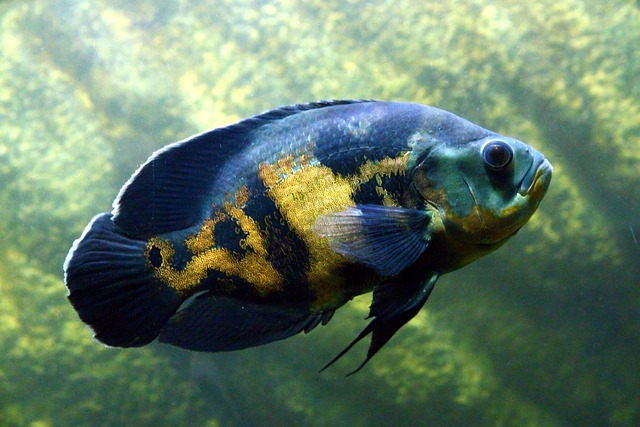
Citizen Science in Water Quality Monitoring
In recent years, the concept of citizen science has blossomed, allowing everyday individuals to contribute to important scientific research. One particularly impactful area is water quality monitoring. With the help of dedicated volunteers, communities can gather valuable data about their local water bodies, which is essential for maintaining healthy ecosystems and ensuring safe drinking water. 🌊
The Need for Citizen Scientists
Traditionally, water quality monitoring has been the responsibility of university researchers and government agencies. While they do an excellent job, resources are often limited. They typically focus on major river systems and larger bodies of water, leaving smaller streams and local watersheds under-monitored. This is where citizen scientists come in! By stepping up to monitor their local waters, volunteers can help fill in the gaps and provide crucial data that might otherwise go uncollected.
How Citizen Science Works
Citizen scientists can engage in various activities related to water quality monitoring. Here’s a simple breakdown of how it works:
- Training: Many organizations offer training sessions for volunteers. Participants learn how to collect water samples, test for pollutants, and record data accurately.
- Data Collection: Volunteers can regularly monitor local water bodies, taking samples and measurements. This might include checking for pH levels, temperature, and the presence of contaminants.
- Data Sharing: Once collected, the data is often shared with local government agencies or environmental organizations. This information can be used to identify pollution sources and track changes over time.
- Community Engagement: Citizen scientists often engage their communities by sharing findings, raising awareness about water issues, and encouraging others to participate in monitoring efforts.
Through these steps, citizen scientists can significantly increase the amount of water quality data available, which is crucial for effective environmental management.
The Benefits of Citizen Science
Engaging in citizen science for water quality monitoring comes with numerous benefits:
- Empowerment: Community members gain a sense of ownership over their local environment, fostering a deeper connection to their natural surroundings.
- Education: Volunteers learn about water ecosystems, pollution sources, and the importance of clean water, which can lead to more informed community members.
- Impact: By identifying local sources of contamination, communities can take action to mitigate pollution, ultimately benefiting both the environment and public health.
Plus, with advancements in technology, citizen scientists can even connect their local observations to larger patterns, such as marine phytoplankton blooms observed by NASA satellites. This collaboration between local efforts and global data can lead to a more comprehensive understanding of water health.
Getting Involved
If you’re interested in becoming a citizen scientist, there are plenty of opportunities to get involved! Many local environmental organizations or universities run citizen science programs. Here are some steps to get started:
- Research local organizations that focus on water quality monitoring.
- Attend an introductory workshop or training session.
- Start monitoring a local water body, whether it’s a stream, river, or lake.
- Share your findings with your community and encourage others to join!
Every little bit helps, and your contributions can make a significant difference in preserving water quality for future generations. 💧
Conclusion
Citizen science is a powerful tool for enhancing water quality monitoring efforts. By engaging community members, we can gather essential data, empower individuals, and foster a collective responsibility for our environment. So why not dive in and become a part of this vital movement? Together, we can make waves in the fight for clean water!

















 Unleash Your Inner Picasso with Sketching Pencils!
Unleash Your Inner Picasso with Sketching Pencils! 
 Health
Health  Fitness
Fitness  Lifestyle
Lifestyle  Tech
Tech  Travel
Travel  Food
Food  Education
Education  Parenting
Parenting  Career & Work
Career & Work  Hobbies
Hobbies  Wellness
Wellness  Beauty
Beauty  Cars
Cars  Art
Art  Science
Science  Culture
Culture  Books
Books  Music
Music  Movies
Movies  Gaming
Gaming  Sports
Sports  Nature
Nature  Home & Garden
Home & Garden  Business & Finance
Business & Finance  Relationships
Relationships  Pets
Pets  Shopping
Shopping  Mindset & Inspiration
Mindset & Inspiration  Environment
Environment  Gadgets
Gadgets  Politics
Politics 